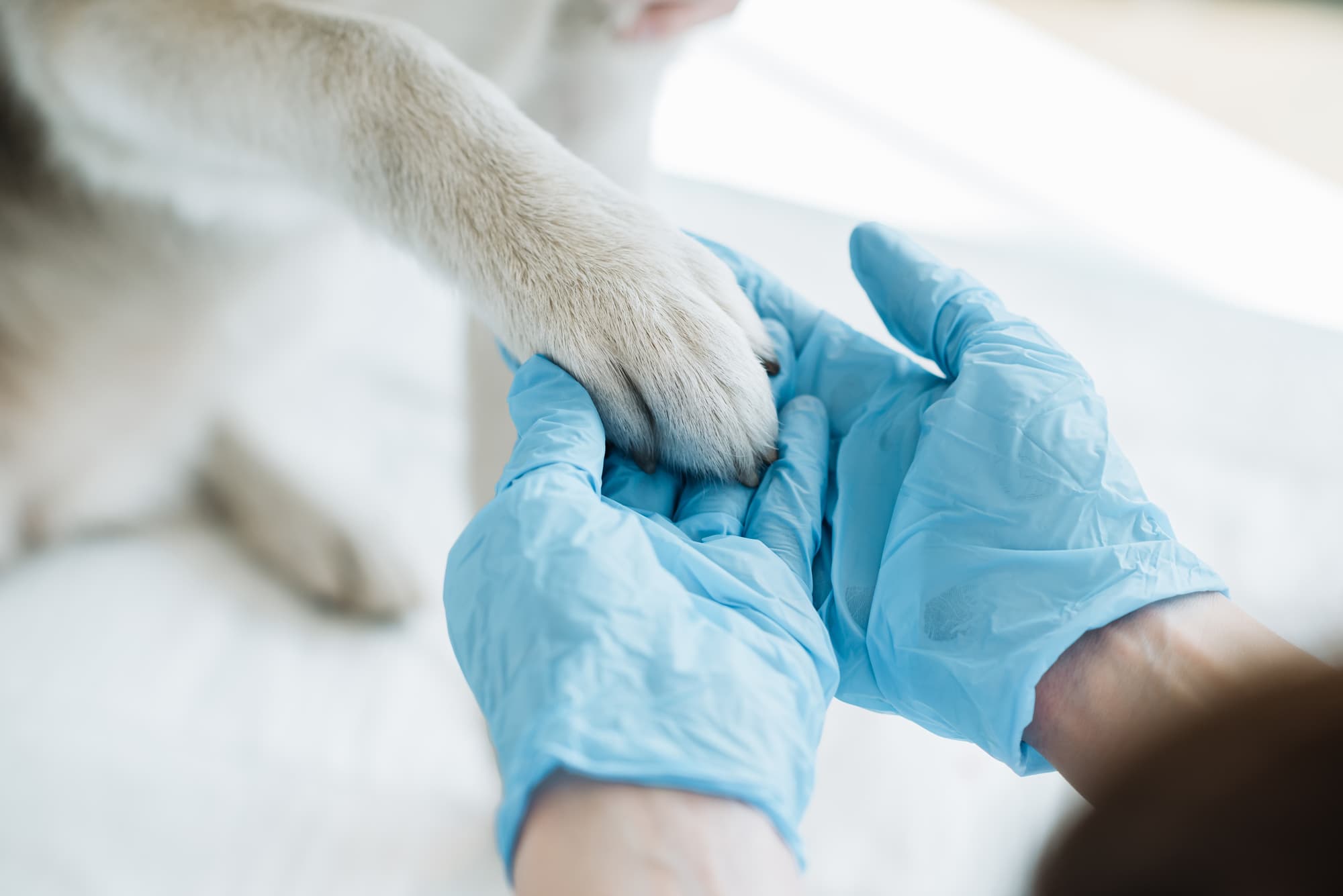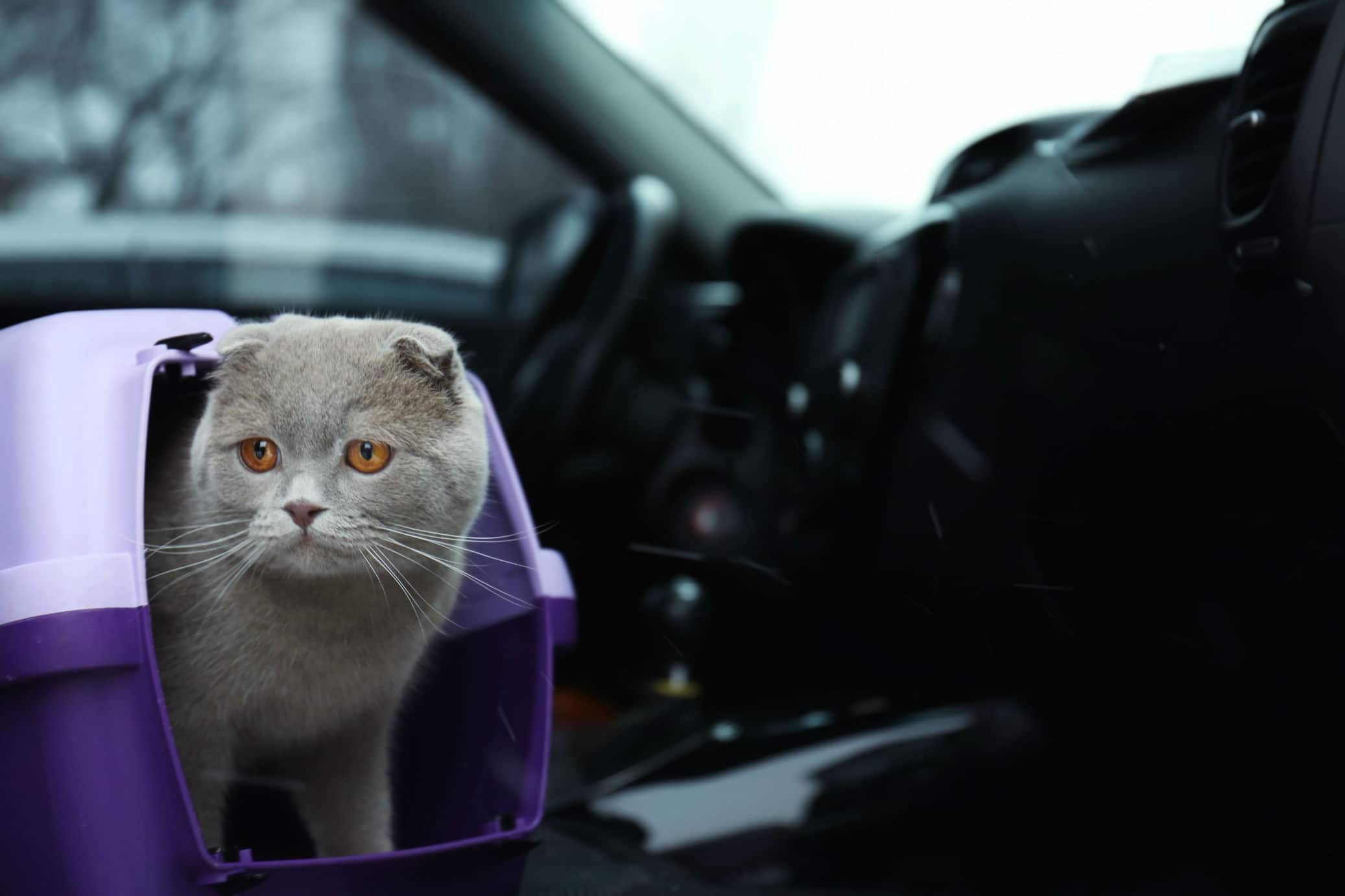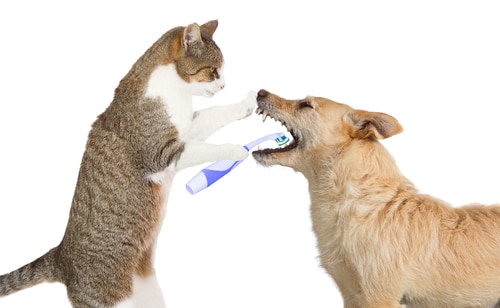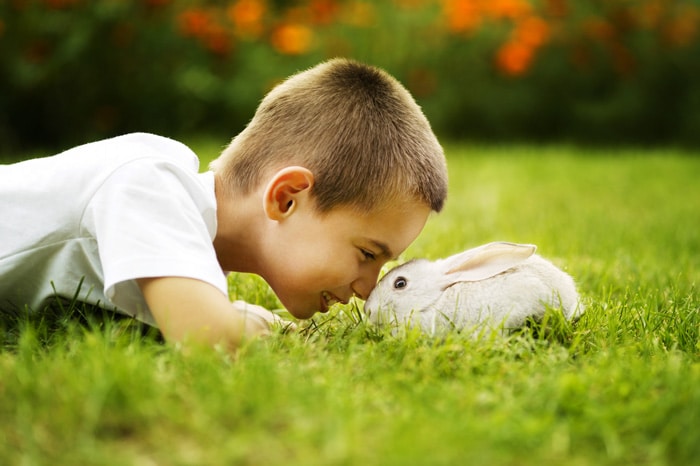Nutrition is the foundation of health for animals—the dictum ‘you are what you eat’ applies just as much to animals as it does to humans. If you’ve made the decision to welcome a pet into your life, then you need to ensure that you know exactly what they need to eat in order to enjoy a healthy lifestyle.
Of course, every animal is different. You can’t feed a rabbit what you’d feed a dog and expect to get the same nutritional results. So, in the interests of giving every pet the healthy diet they deserve, we’ve put together a guide on what to feed your pet.
Tropical Fish
If you’re a lover of our aquatic friends, you need to ensure that you’re filling their aquarium with all the nutrients they need. Every fish has slightly different dietary requirements, but a good rule of thumb is to ensure your fish has a diet rich in protein and fibre and low in fat and phosphorous.
You need to remember that some fish are carnivores, while others are herbivores. Their predilection to meat or plants, as well as their age, has an impact on how much protein they need. Herbivores require a much lower amount of protein in their diet when compared to carnivorous fish. In general, the smaller the fish the higher the protein requirements are.
Smaller fish also need to be fed more frequently compared to larger fish due to their faster metabolisms.
Rabbits
When it comes to rabbits, food should be constantly available, and hay should make up 80% to 90% of your rabbit’s diet—Timothy or Oaten hay are the most common. It is best to avoid certain types of hay, including lucerne or alfafa hay as it is too high in protein and calcium.
In addition to hay, rabbits should be fed a variety of leafy greens. However, the intake of other vegetables should be limited, and fruit should only be offered as a treat every once in a while.
Rabbits also drink lots of water for their size! So make sure that their water bottle is topped up and changed frequently.
While we don’t recommend feeding your rabbit pellets, if you do decide to give these to your rabbit, please do so in very small quantities only.
Guinea Pigs
As herbivores guinea pigs love to graze all day. A constant supply of grass or grass hay, as well as liberal amounts of fresh leafy green vegetables and herbs like broccoli and parsley will also help to give your guinea pig the nutrients they deserve. It’s a good idea to give your guinea pig a vitamin C supplement too, as guinea pigs can have trouble absorbing vitamin C from food.
Birds
When it comes to birds, you need to classify them by their diet and then choose the most appropriate food based on this classification. You should ask your vet or bird breeder whether your pet is a florivore, granivore, frugivore, omnivore or a nectarivore.
If your pet is florivore, such as a red-faced parrot finch, they are quite adapatable to different diets—they will eat just about any type of seed, fruit or live food. Their diets should contain regular greens and a basic seed mix.
If it is a granivore, such as a cockatiel, variety is key. You should be feeding them pellets or seed—it doesn’t really matter—but they should also be offered vegetables and fruit.
A frugivore, such as a blue-throated macaw, needs a diet of mostly fruit and flowers.
An omnivore like a cockatoo should feed on seeds, fruits as well as insects. We also recommend a fresh pellet mix with the correct balance of nutrients. Cockatoos will pick out the seed of their choice if offered a free mix, which can result in nutritional deficiencies.
And a nectarivore, like a lorikeet, needs a diet rich in nectar and pollen as well as some insects and seeds.
Reptiles
Just like their oviparous friends, a reptile’s diet is largely based on its classification. An insectivore, like a gecko, will thrive on a diet based on live insects. You should also ensure that you purchase crickets and worms from pet stores that have been pre-fattened to give your reptile the nutrients they need.
Herbivores, like iguanas, do well on a diet full of fruit, green vegetables and dry food. The key for herbivores is variety, so don’t get bogged down into serving up one style of vegetable. Omnivores, like turtles, love a mixed diet of veggies, bugs as well as small animals and fish.
Carnivores, like snakes, need fresh, warm-blooded animals like mice and rats. You should only feed them store-bought mice and rats as there are enormous risks of infection if they feed on vermin. Remember not to feed your carnivorous reptile any mice and rats that are too big or they could actually harm your pet during the feeding process.
Cats and Dogs
As the most common of our domestic friends, we felt as though both cats and dogs deserved an entire article to be devoted to their nutritional needs. So read our What Sort of Dog Food is Best For My Pooch and What Sort of Food Is Best For My Cat blogs to learn all the tricks behind keeping your kittens and cat, and puppies and pooches in tip-top shape.
Conclusion
The thing that all animals have in common is that the best diet for them is a diet that mimics what they would eat in the wild with a slight domestic slant. The wonder that is evolution has informed the way their bodies react to foods and, in turn, they will respond best to the types of food to which natural evolution responded best.
If you keep your pet’s food as natural as possible, you’ll go a long way towards creating a happy, healthy and long-living pet. And, if you’re ever in doubt, simply ask the advice of your vet.






